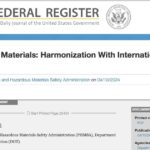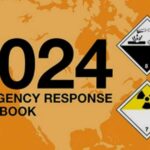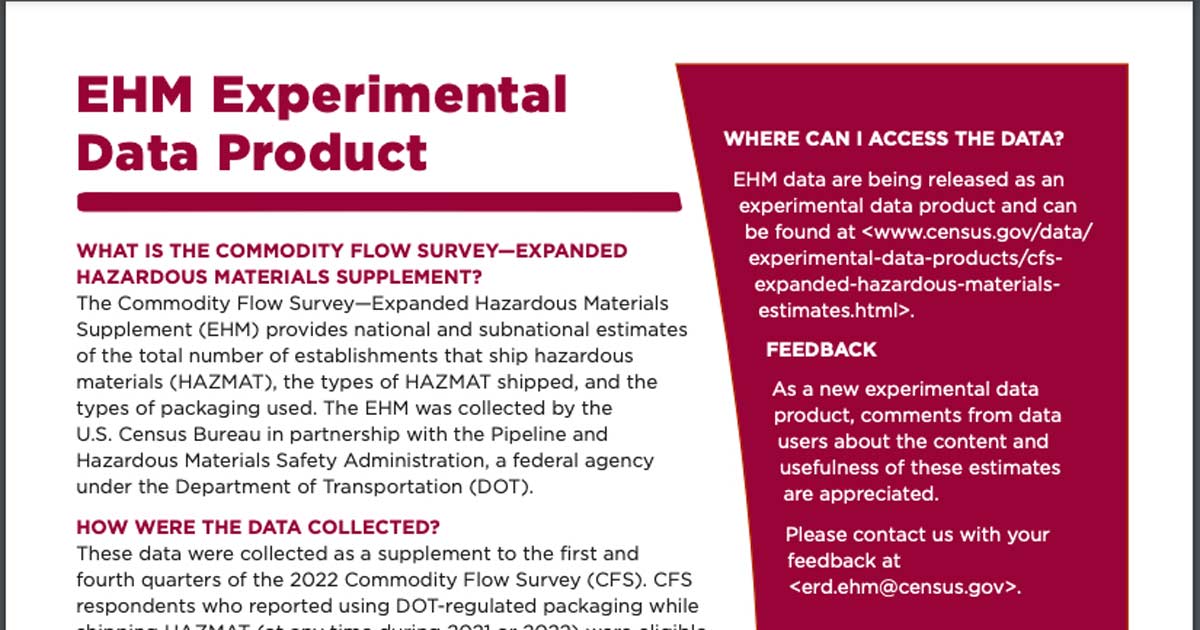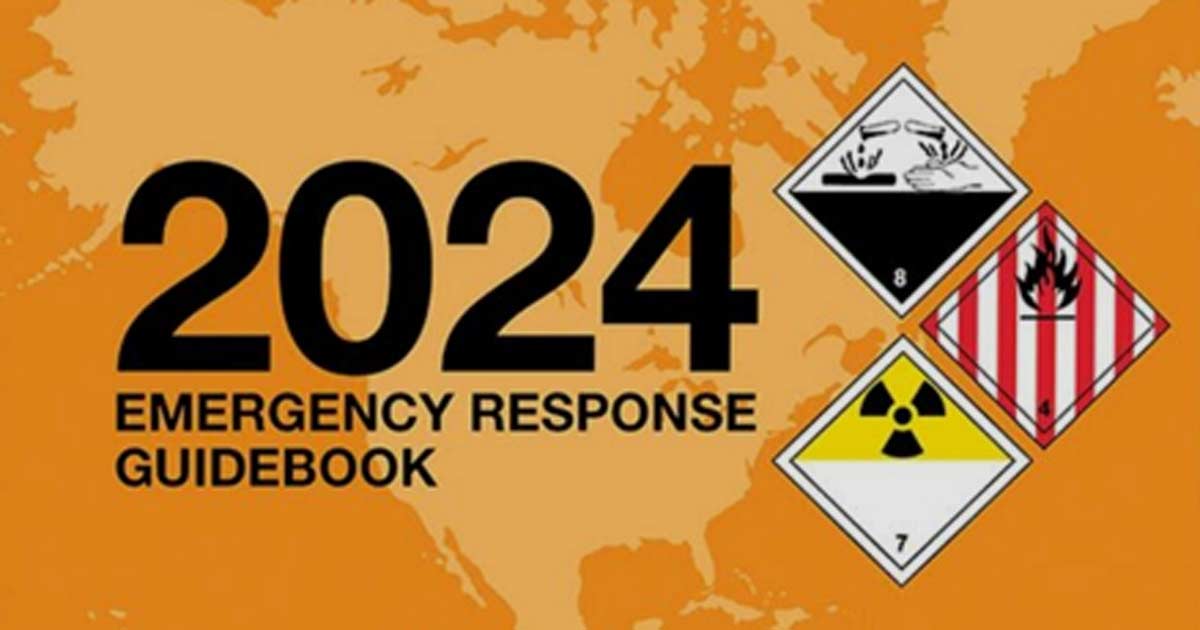Originally published on CBRNE Central
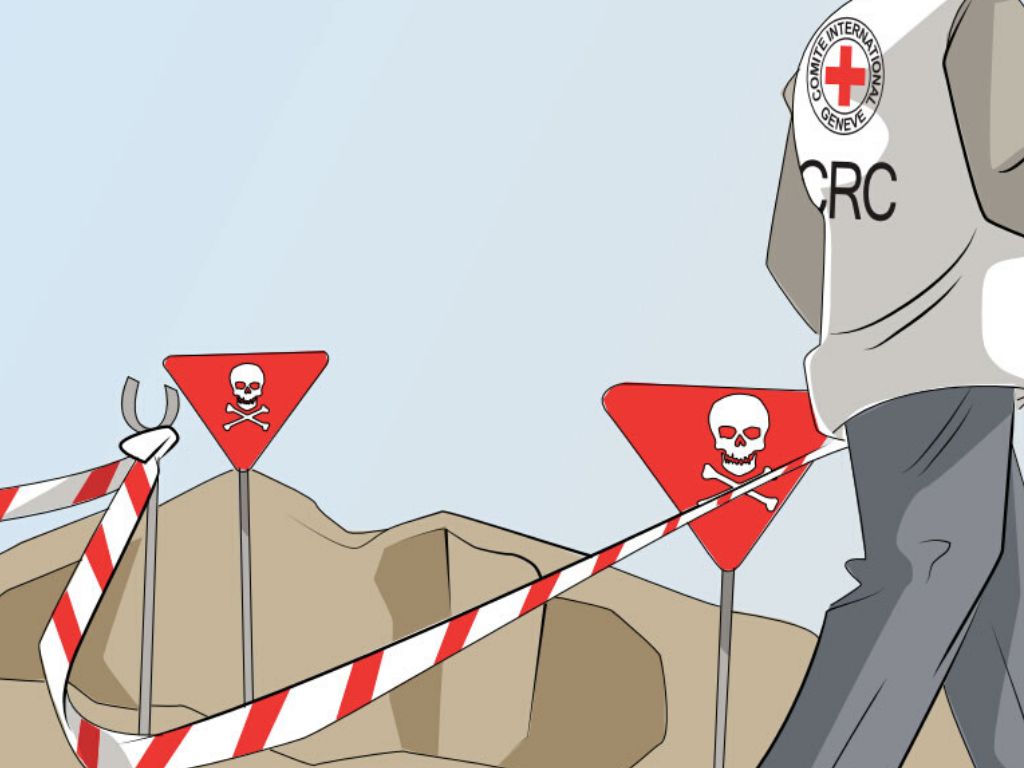
The International Committee of the Red Cross (ICRC) and Red Crescent Movement have recently published risk-management guidance for staff members and volunteers working in any country that is affected by conventional weapons and/or chemical, biological, radiological and nuclear (CBRN) hazards.
The guidelines are written in general terms so as to apply to all situations involving weapon contamination, based firmly on the principle that all interventions should be tailored to the specific regional context following a thorough assessment.
Resilience to weapon contamination means operations can be run more safely in weapon-contaminated environments. For example, where access to the civilian population is hindered by weapon contamination, humanitarian operations can take place if staff are aware of the risk and know how to operate safely in a
weapon-contaminated environment.
Sometimes other mitigation measures need to be implemented by technical weapon-contamination specialists, and requests can be made to the relevant authorities, or other organizations in the country for such action. The ICRC also has technical weapon-contamination specialists within the Weapon Contamination Unit who can be requested to provide technical assistance to an ICRC delegation or a National Society.
These can involve:
- Surveying an area to identify alternative safe routes
- Marking hazardous areas, and training staff to recognize these markings
- Providing CBRN detection equipment and PPE to staff, and training them in how to use the equipment appropriately
- Removing the hazard (i.e. through EOD, mine clearance or CBRN hazard containment and removal).
The guidelines were prepared with some assistance from the Working Group on Weapon Contamination, which operates within the Disaster Management Advisory Group (DMAG) for the Middle East and North Africa; along with the Norwegian Red Cross.

